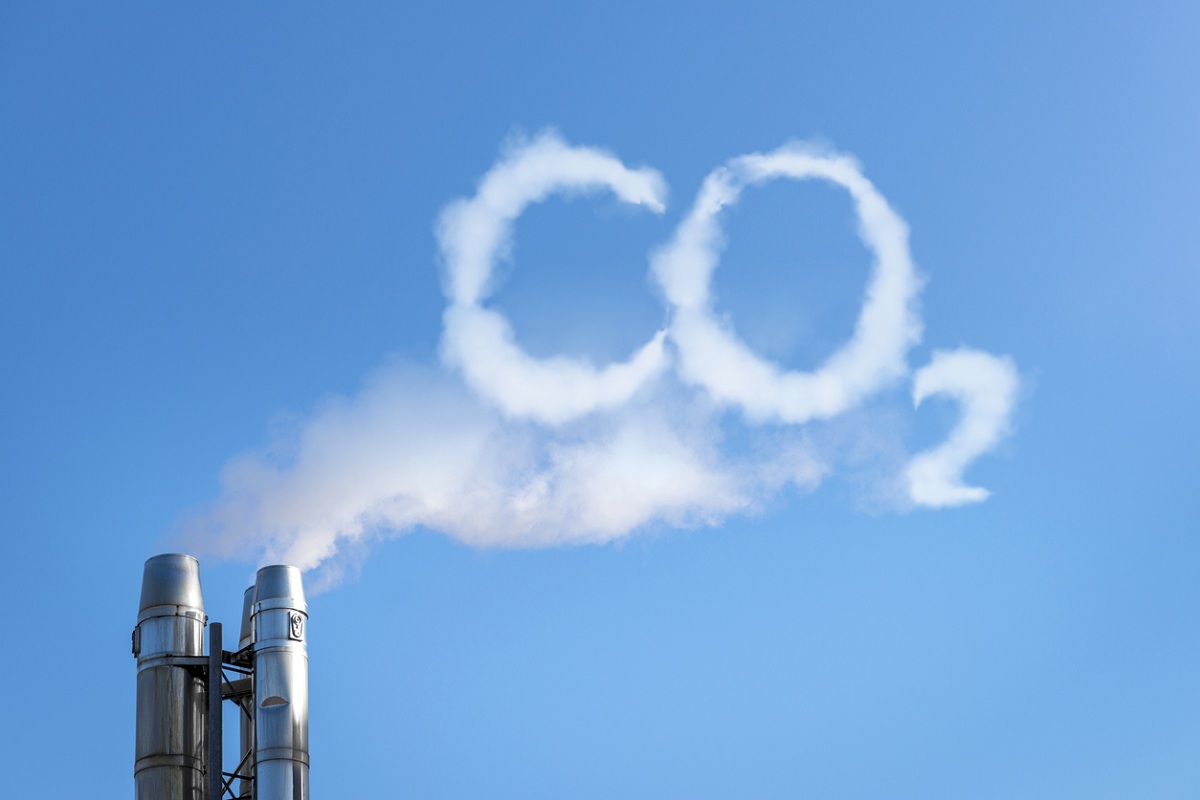‘Severe’ solar storm arrives at Earth
A powerful solar storm arrived at Earth on Thursday and may impact ongoing recovery efforts for hurricanes Helene and Milton, according to the US National Oceanic and Atmospheric Administration (NOAA).
The team from National Oceanic and Atmospheric Administration (NOAA) said that CO2 measured at NOAA’s Mauna Loa Atmospheric Baseline Observatory peaked for 2022 at 421 parts per million in May, an increase of 1.8 ppm over 2021.

(Representational Image: iStock)
The Carbon dioxide (CO2) levels peaked more than 50 per cent higher than pre-industrial levels in May, comparable to levels seen about 4 million years ago, according to scientists.
The team from National Oceanic and Atmospheric Administration (NOAA) said that CO2 measured at NOAA’s Mauna Loa Atmospheric Baseline Observatory peaked for 2022 at 421 parts per million in May, an increase of 1.8 ppm over 2021.
Scientists at Scripps Institution of Oceanography at the University of California San Diego, which maintains an independent record, calculated a monthly average of 420.78 ppm.
Advertisement
According to NOAA Administrator Rick Spinrad, the science is irrefutable. “Humans are altering our climate in ways that our economy and our infrastructure must adapt to,” he said.
Prior to the Industrial Revolution, CO2 levels were consistently around 280 ppm for almost 6,000 years of human civilisation. Since then, humans have generated an estimated 1.5 trillion tonnes of CO2 pollution, much of which will continue to warm the atmosphere for thousands of years.
CO2 levels are now comparable to the Pliocene Climatic Optimum – between 4.1 and 4.5 million years ago — when they were close to, or above 400 ppm.
During that time, sea levels were between 5 and 25 metres higher than today, high enough to drown many of the world’s largest modern cities, said the scientists.
Temperatures then averaged 7 degrees Fahrenheit higher than in pre-industrial times, and studies indicate that large forests occupied today’s Arctic tundra.
Despite decades of negotiation, the global community has been unable to significantly slow, let alone reverse, annual increases in atmospheric CO2 levels.
“It’s depressing that we’ve lacked the collective will power to slow the relentless rise in CO2,” said geochemist Ralph Keeling.
“Fossil-fuel use may no longer be accelerating, but we are still racing at top speed towards a global catastrophe.”
(With inputs from IANS)
Advertisement